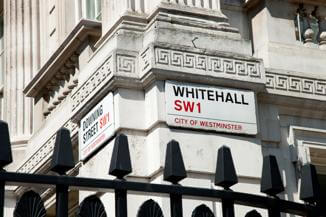This month the Charity Commission published the report of its second inquiry into Newham Community Leisure Trust, which remains subject to an ongoing liquidation procedure.
This small charity reported annual income and expenditure in the region of only £20k between 2011 and 2015 (although the Commission noted some irregularities regarding the exact amounts in financial reporting practices).
Principles of good governance
Notwithstanding the relatively small size of this charity, the Charity Commission reminded trustees of large and small charities alike of the following principles of good governance:
- An effective charity is run by a clearly identifiable board or trustee body that has the minimum number of trustees. This means that where the charity’s constitution provides that a minimum number of trustees ought to be in office, this requirement needs to be complied with.
- Trustees must take decisions in a way that meets the requirements of charity law and their governing documents. Trustee meetings need to be quorate. A person who has been disqualified from acting as a charity trustee cannot form part of the quorum. Rules regarding conflicts of interest must be followed at all times.
- Trustees are under a legal duty to ensure funds are used only in furtherance of their charity’s purposes and are legally responsible and accountable for their proper use. While it is possible for a ‘managing agent’ to be in charge of the management of the charity, the trustees remain ultimately responsible for the use of their charity’s funds and for holding their agent accountable. Proper legal agreements, at arm’s length, need to be in place between the charity, its managing agent or any connected parties.
- Trustees must ensure that their charity has adequate financial and administrative controls in place, and that the funds of their charity are applied for the benefit of the public for which it has been set up. In this instance, the trustees were blamed for signing off on arrangements benefiting a connected local football club, which ultimately led to the charity’s insolvency.
- If a charity is to achieve its aims, then the trustees need to ensure that assets are properly used, that its funds are spent effectively, and its financial affairs are well managed.
- Charities must never lose sight of why they exist and must demonstrate how their charitable purpose drives everything they do. This charity had lost sight of the fact that it was meant to benefit the inhabitants of the Borough of Newham by way of provision of a sports centre and ancillary facilities. Instead, it had primarily benefited a connected person, i.e. a football club, whose CEO was also a trustee of the charity.
Read the full report by the Charity Commission
If you want to know more
If you have any concerns regarding your charity’s compliance with these principles, please get in touch.
Key contact

Nathalie Jacoby-Danesh
Partner
nathalie.jacoby-danesh@brownejacobson.com
+44 (0)330 045 2833








































